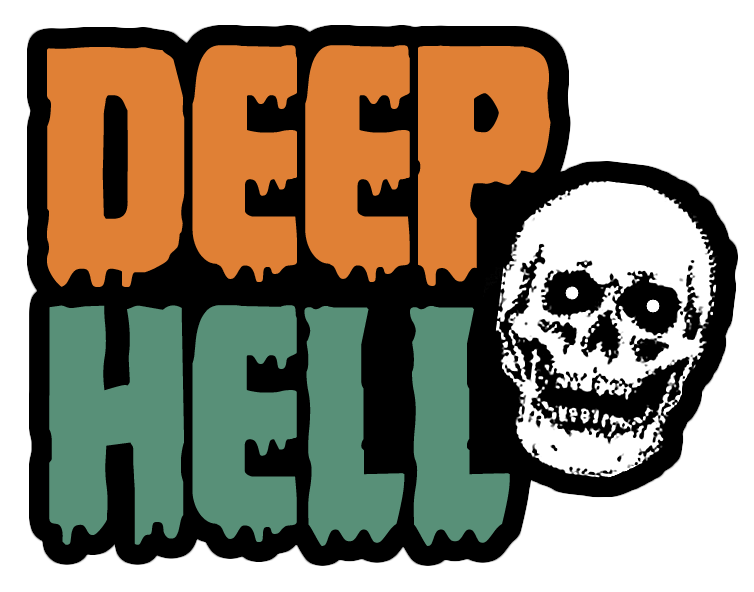God Bless Jonathan Blow; that is the opening statement to my lecture.
MY lecture is about how important ass holes like Johnathan Blow are.
Johathan Blow’s greatest contribution to videogames might be him making a 3D version of the box game a few years ago. Perhaps Johnathan Blow’s greatest contribution to videogames is Braid, the game where he was able to sell philosophizing over how sometimes men are misguided about attraction.
Perhaps, as I have been thinking this week (and the title of this article tells you) the greatest contribution Johnathan Blow has made to videogames is the two-hit combo of his first and last name.
About a week ago, our lovely darling – our Guy Who Made It Big came out of his hole to declare that Indie Games were stagnant. They hadn’t changed enough since he made his mark – or maybe before.
God Bless Johnathan Blow, because it’s only when stupid men that have made important works come out and do the thing that creative greats should never do, that we’re able to understand how far we’ve been able to come without them.
Braid was a seminal work in the realm of independent game creators. I would say “indie” but Blow sank over ten grand on getting Braid produced. That feels like an unfair amount of weight to put it in the same category as the game he mentions in that article.
In a way, it’s likely that Ja-blow feels like he’s helped put indiegames on the map, and people haven’t followed his successes directly enough. He mentions Stephens Sausage Roll as being uniquely underappreciated. This is actually a great game – but it is dedicated to exploring a single mechanical space in a forest where there are hundreds of titles using videogames to explore emotion.
Perhaps then, the thesis of what Jo Blo wanted to say, is that indie games do not expressly look like the kind of games I make. This is an easy conclusion to draw when you look at the last few years of indie games. Heaven Will Be Mine was a notable hit, a queer focused visual novel drawing on generations of giant robot-centric nostalgia. Elsewhere are the strange landscaped of Kittie Horrorshow or the resurfacing of 16-bit hack-and-slash cum war monologue Katana Zero.
These are not expressly games about wanting to fuck the girl at Starbucks. I understand completely of Johnathan Blow’s world, but I understand what he’s saying too. Johnathan Blow probably considers himself an auteur game developer, his creative output certainly says so. Jo Blo games are about exploring mechanics in service of an idea. In a way, he’s digging up earlier arguments about formalism.
In critique of formalism in any art form, you often have old men coming out and claiming that only in formalism lie the most respectable form of art. They understand a formal approach to an art, and so they mistake that for understanding the idea of art itself. Nobody understands art: not an old guy named Jonathan Blow especially.
Indie Games Do Not Look Like the Kind of Games I Made; A title of an article in an alternate universe where the writer channeled his meaning and not just his words.
What’s most frustrating about statements like this are that they speak of the troubles indiegames face. When a popular form of entertainment start highlighting the works of queer creators, or people that are the most marginalized – it is often the people that helped popularize those works that come out against them.
Jonathan Blow might be saying if we were to take him at face value that videogames are not exploring enough, but to a guy like Blow, they simply might be exploring in areas he’s uncomfortable with. It is the same as Dave Sim (Cerebus) coming out to decry how queer creators have created a space for themselves by saying comics aren’t the way they used to be.
Indie Games Are Stagnant, is the statement, but I hope most of us hear him loud and clear.
I hope it serves as a statement about how the medium is willing to outpace the people who got it there.

